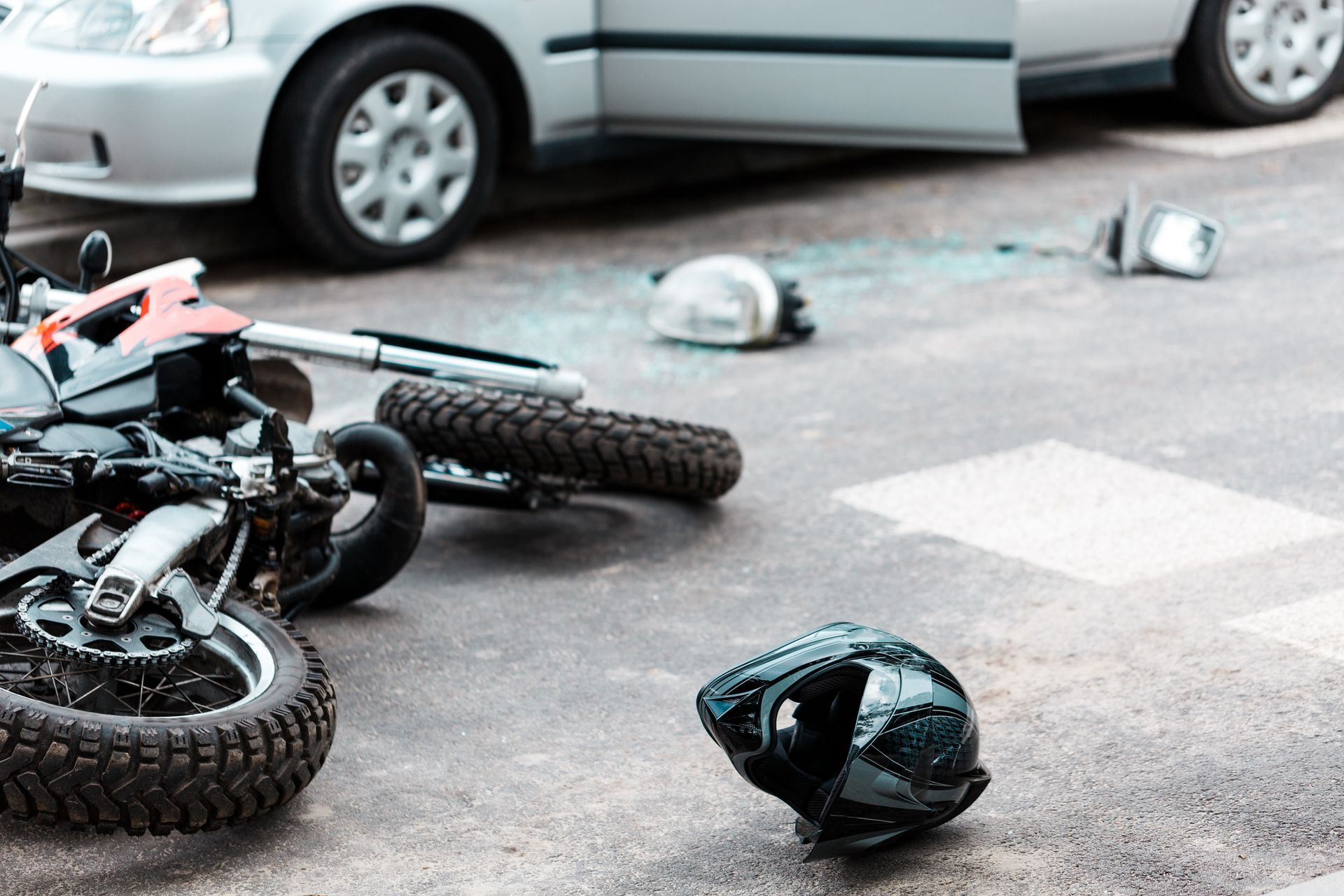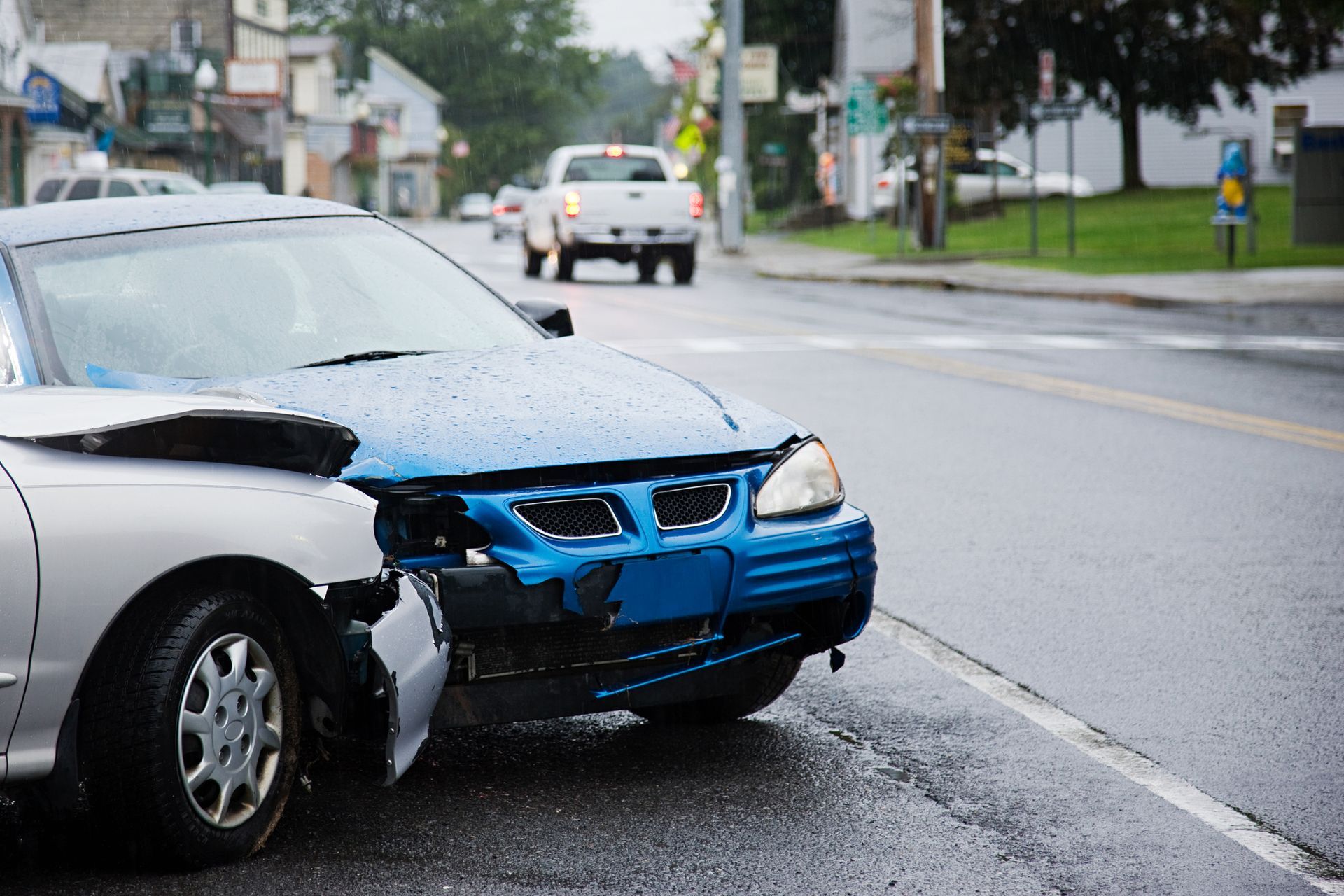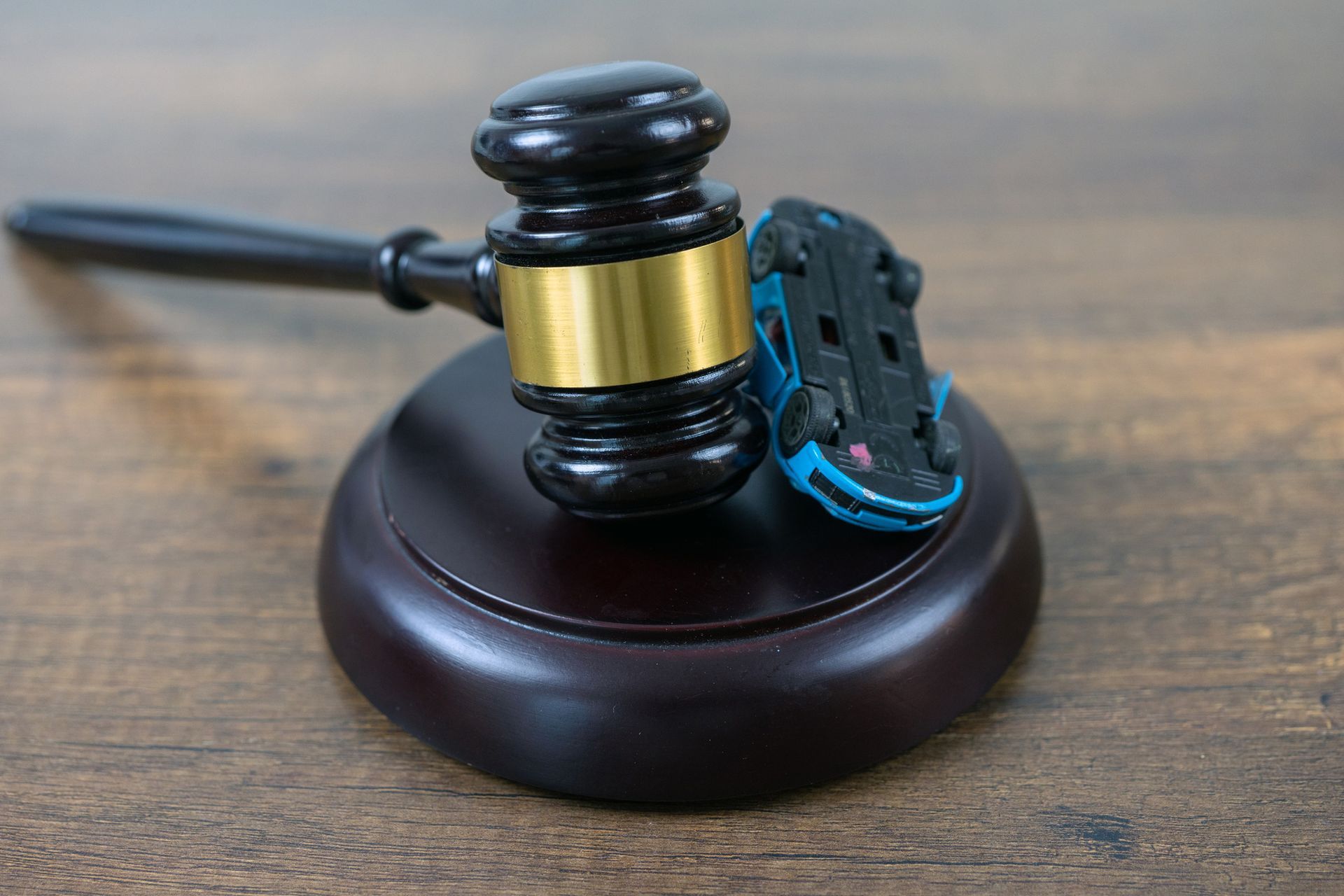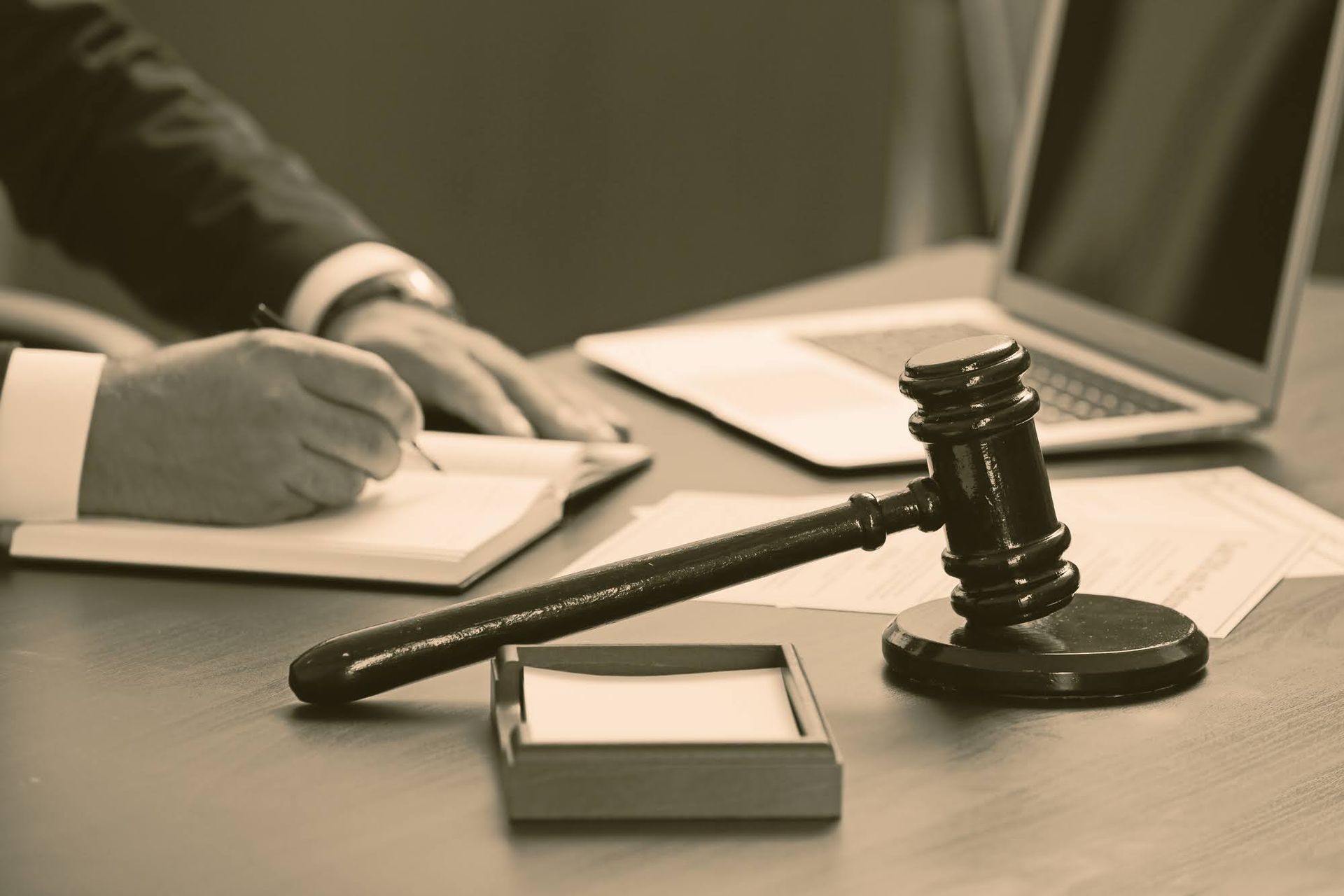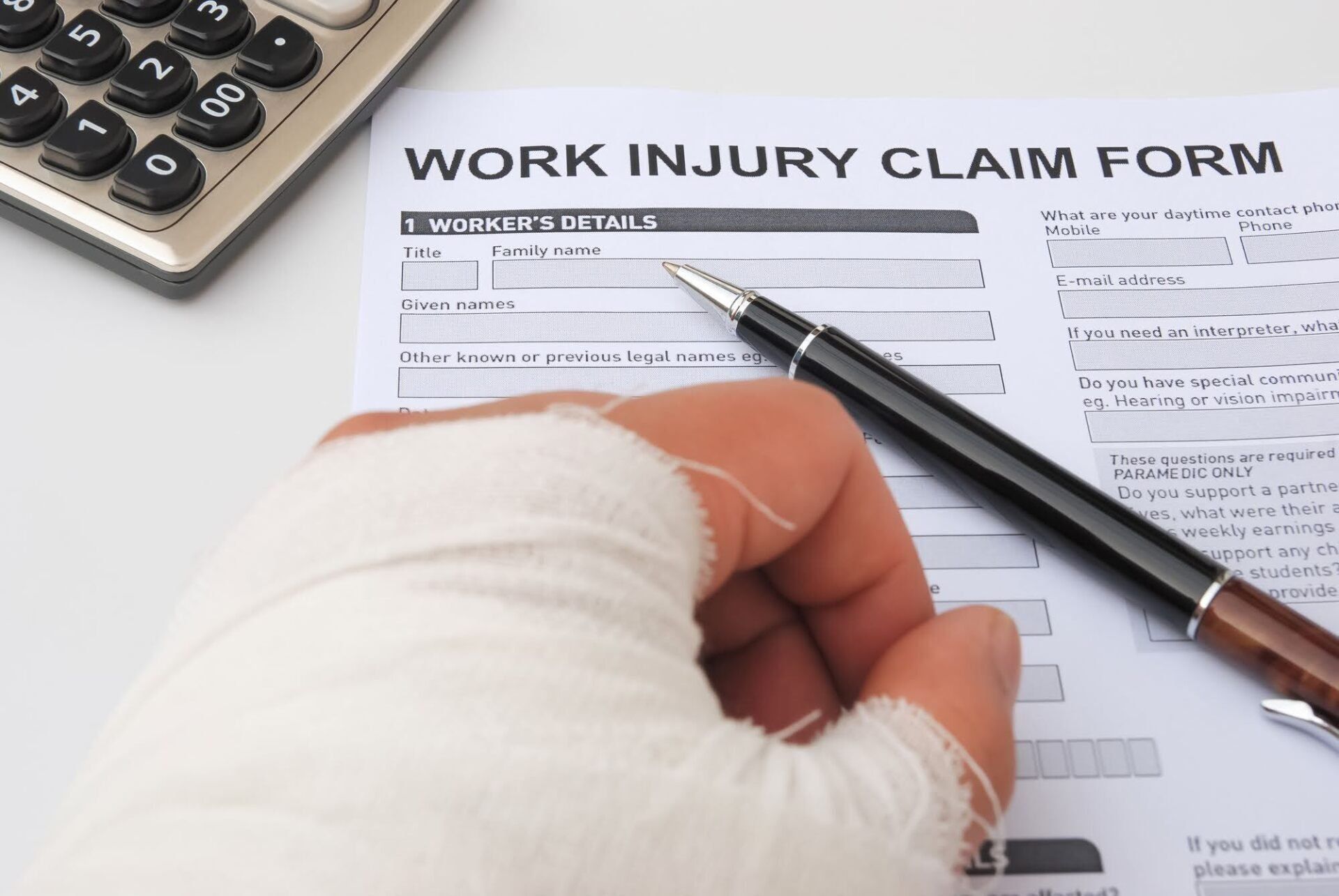
Millions of car accidents occur each year in the United States. In many cases, one party is more at fault than anybody else. In some cases, nobody is at fault - it is truly an accident. If you find that another party is at fault for an accident you are involved in, you have options.
Car accidents lead to serious injuries and cause many personal injury claims. It is only natural that you have questions about pursuing a personal injury case in court. This guide will help you determine what you need to do next.
Address Medical Emergencies and Legal Obligations
In Florida, you are legally required to assess the scene of an accident to see if anybody needs medical help. You must call for help if somebody is in need of medical assistance.
It is also wise for you to seek medical help if you are injured. Medical documentation can be used in court to prove that you are entitled to the money you are requesting to compensate for medical bills and injuries.
You are also required to submit a report to law enforcement if the damage involved is worth $500 or more. This is also good for you because the report can demonstrate exactly how much property damage was caused.
Finally, you need to assess whether you need to move your car out of the way or call for a tow truck. You do not want to block the roadway, as this can cause another car accident that you may be considered liable for.
Discuss Proof of Fault
Proving that somebody was at fault for a car accident can be difficult. You need to bring documentation and evidence to the courtroom, and this is something that you will likely need your lawyer to handle. Understanding the nuances of Florida's personal injury laws is undoubtedly difficult.
Negligence is one cause of vehicular accidents. This may be the result of a driver simply failing to stay in his or her lane or the result of a driver not stopping at a traffic light or sign.
Reckless driving is another type of driving that may lead to fault in an accident. It may encompass exceeding the speed limit, ignoring bad weather or failing to use a turn signal. Aggression may also be considered a form of reckless driving.
A driver who has been driving under the influence may also be linked to a personal injury suit. Whether the other driver had been drinking alcohol or using illegal drugs, they may be facing criminal charges that you may be able to use as evidence in court.
In some cases, the fault does not rest on another driver involved. It may actually be linked to the automobile manufacturer. Cars do have their faults, and issues like faulty brakes or acceleration may be linked to auto recalls. In cases like this, you may find that the party you are suing is actually a car maker.
In some cases, roads are poorly maintained. This means that the city, county or state is partially responsible for an accident.
Finally, it is notable that Florida practices comparative negligence. This means that several parties can be found to be at fault for an accident. You may find yourself partially at fault and as a result - covering a portion of the damages you are suing for.
File Before the Statute of Limitations Ends
In Florida, you have a statute of limitations of four years. This means that you have four years after the date of the accident to hire your attorney and seek a case in court. The Law Offices of David A. Helfand P.A. can help you after a car accident and get you into the courtroom as quickly as possible.

